The content of the article
Siberian prince is a mid-season variety of bell pepper. Fruits ripen on 110 - 115 days from the moment of transplanting seedlings in open ground. This variety of pepper is recommended for cultivation in regions with a cool climate. To get the maximum yield, Siberian Prince is best grown in greenhouses. The fruits have a conical shape, slightly ribbed, with a dense skin and a glossy surface.
Grade description
The plant is powerful, well leafy, the bush reaches one meter in height, requires mandatory garter and formation. The variety has a long fruiting period.
With proper care and favorable climatic conditions from one square meter, you can collect up to five kilograms of delicious, aromatic fruits. On average, pepper weighs up to 120 g. The Siberian prince is famous for its high taste and juicy flesh.
Growing
The first step is to carry out seed selection. They are poured with a glass of water, those that come up can be considered a marriage. After this, the procedure of hardening of the grains is carried out, for this they are placed in a non-concentrated solution of potassium permanganate for ten minutes. Then the seeds are wrapped in wet gauze and allowed to swell well.
- Planting seeds is recommended in small peat pots. Too deepen them into the soil is not worth it, as the pepper root system is developing quite slowly.
- After the appearance of the first three true leaves, seedlings are picked into separate containers. In the same period, seedlings are fed urea or ammonium nitrate.
- Many novice gardeners make a common mistake when growing seedlings. The mistake is that gardeners begin to grow seedlings too early when the daylight hours are too short and there is not enough additional lighting. Seedlings grown under such conditions are extremely frail; in the future, plants will not bring the proper harvest.
Growing seedlings of bell pepper begin, as a rule, 65 days before the expected moment of planting it in open ground. Before planting the plants, the wells must be abundantly watered.
Care
An important component of care is watering. Pepper negatively responds to drought, but does not tolerate excessive watering, as there is a risk of fungal diseases and rotting of the bush.
- Watering is carried out directly under the root, otherwise sunburn on the leaves and fruits may appear. During the growing season and flowering, watering should be plentiful.
- Do not forget about such an important procedure as stepsoning. It will help the plant direct all its energy into the development of the fruit, not the bush. Despite the full benefits of this procedure, it can not be carried out too often, otherwise the plant can be injured.
- When growing this culture in greenhouse conditions, it is necessary to arrange regular ventilation, make sure that the ambient temperature does not exceed 35 degrees, otherwise the pollen of the pepper becomes sterile and pollination does not occur.
- Pepper favors the feeding of organic fertilizers. To protect plants from some pests when watering, add a little wood ash, and you can also sprinkle pepper on it.
It is recommended to feed plants with organic fertilizers. You can make herbal infusion yourself. To do this, pour a small amount of hay into the barrel, and fill it with warm water, leave to roam for two weeks.After the fermentation is complete, strain the thirst, dilute with water and pour pepper under the root.
Advantages
The advantages of this variety can be safely attributed:
- unpretentiousness in leaving,
- high yield
- excellent taste.
The composition of the fruits of this variety contains a large number of nutrients and vitamins.
Beneficial features
Bell pepper is recommended for people with diabetes and metabolic disorders.
- Pepper also helps with insomnia. The composition of the fruit contains vitamin P, ascorbic acid, which strengthens blood vessels. And due to the high amount of calcium, magnesium, sodium, fluorine, iron, phosphorus, manganese and zinc, pepper becomes an indispensable vegetable in the diet of any person.
- This vegetable will help people suffering from anemia, as well as people with low immunity.
- The miracle fruit has a beneficial effect on people with various blood diseases, it stimulates the production of enzymes, thereby improving digestion and intestinal motility.
Pepper contains capsaicin alkaloid, to which the vegetable owes its characteristic flavor. This substance can lower blood pressure, thin the blood, which in turn will reduce the risk of blood clots.
Video: what peppers can ripen without a greenhouse even in Siberia

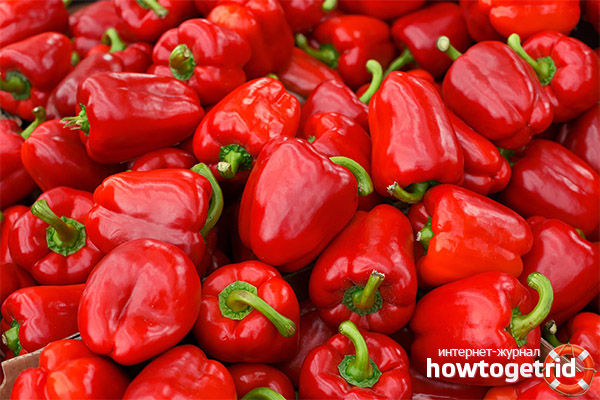
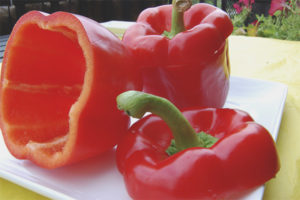
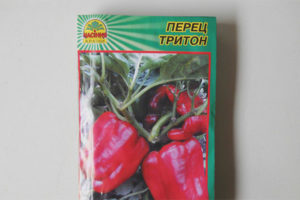
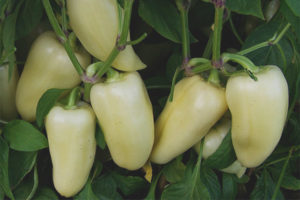
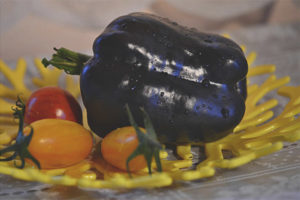
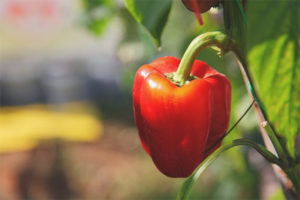
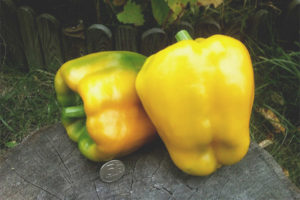
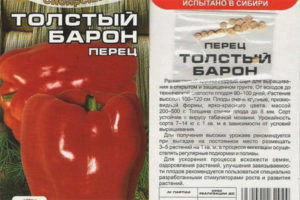
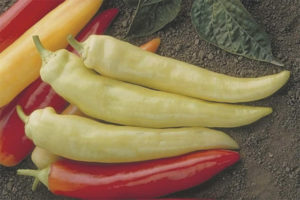
Submit